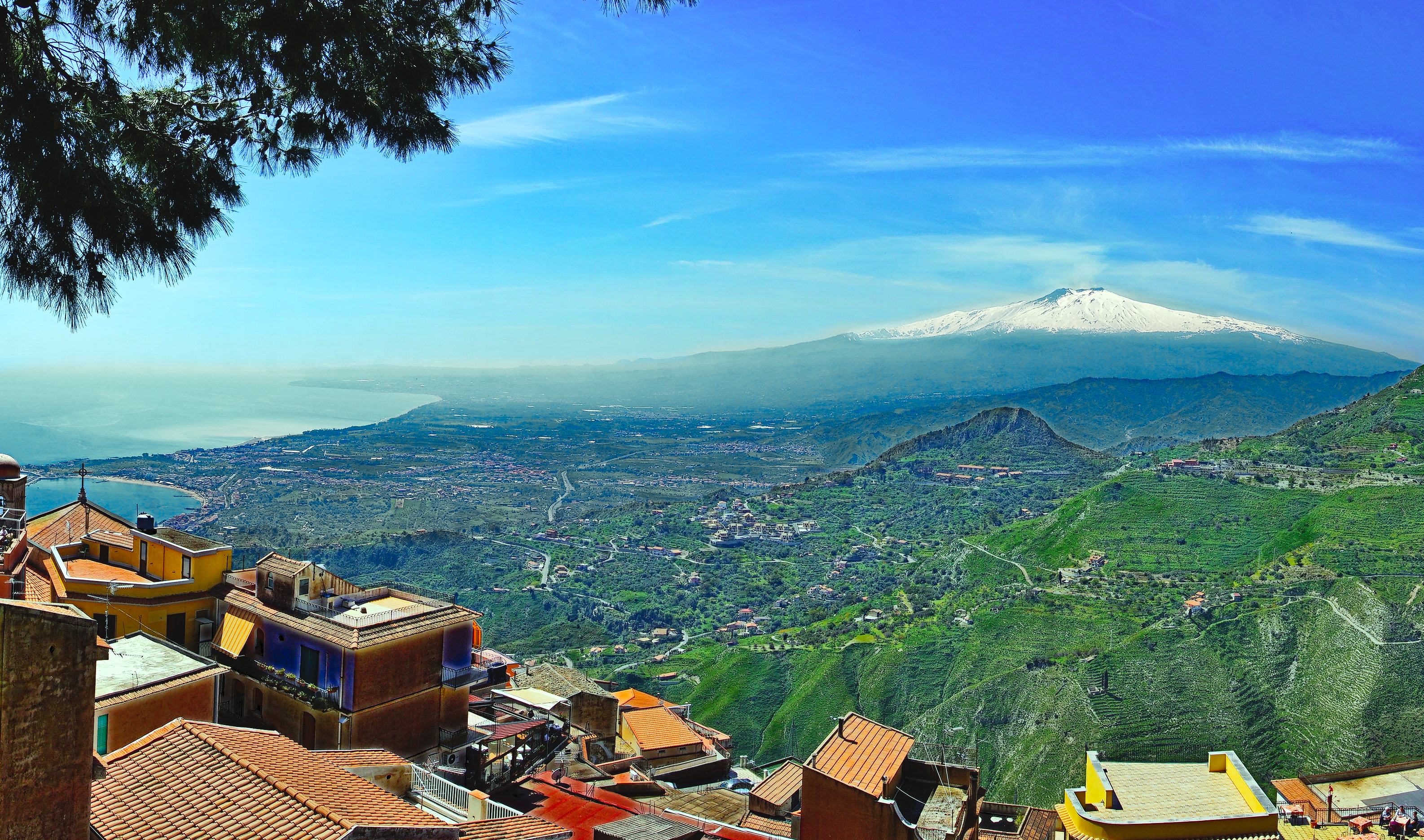This free course explores how natural hazard research scientists can better contribute to the planning and development of sustainable and resilient communities through improved engagement in disaster risk reduction (DRR). Reducing
disaster risk is critical to securing the ambitions of the Sustainable Development Goals (SDGs), and natural hazard scientists make a key contribution to achieving this aim. Understanding Earth processes and dynamics underpins hazard analysis, which (alongside
analysis of other disaster risk drivers) informs the actions required to manage and reduce disaster risk.
Building on existing good practice, this course includes seven modules aiming to help enhance the integration of natural hazard science into
DRR:
1. Characterise multi-hazard environments;
2. Prioritise effective, positive, long-term partnerships;
3. Understand and listen to your stakeholders;
4. Embed cultural understanding into natural hazard research;
5. Ensure improved
and equitable access to hazard information;
6. Champion people-centred DRR (leaving no one behind); and,
7. Improve links between DRR and sustainable development.
By the end of this course, participants should be able to:
- Explain some characteristics of ‘good practice’ when designing and implementing disaster risk reduction activities.
- Evaluate the strengths and weaknesses of existing approaches to disaster risk reduction.
- Design and implement activities (including, but not limited to research) that support international disaster risk reduction ambitions.
Supported by the
European Geosciences Union,
this course builds on the content of an open access, peer-reviewed paper: Gill, J.C., Taylor, F.E., Duncan, M.J., Mohadjer, S., Budimir, M., Mdala, H. and Bukachi, V. (2021)
Invited perspectives: Building sustainable and resilient communities–recommended actions for natural hazard scientists.
Natural Hazards and Earth System Sciences, 21(1), 187-202.
This is a preliminary version of the course. It has been made available to solicit feedback and enable a comprehensive review process. To contact us, and share feedback, please use this form.
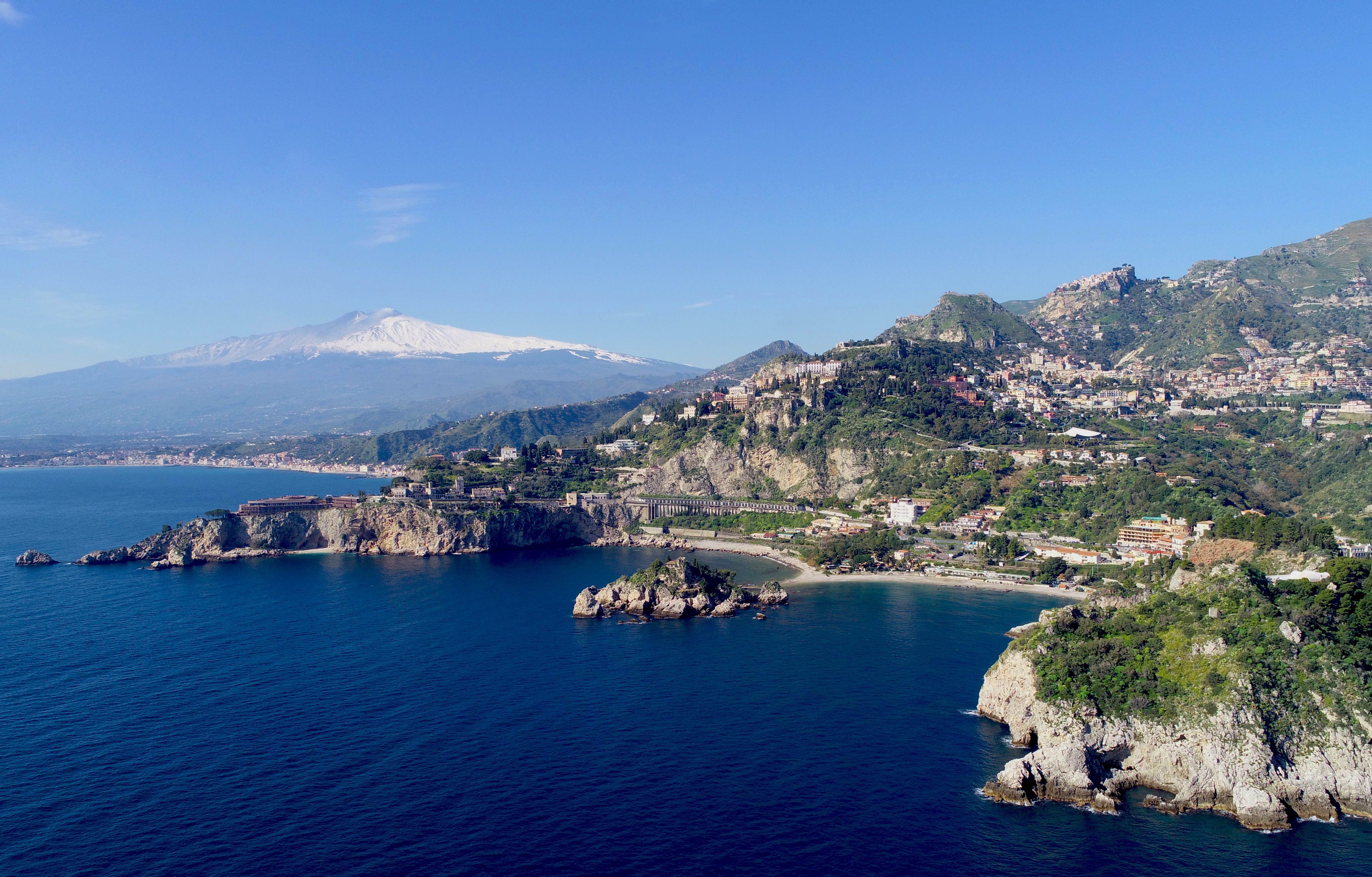 Photo credit: Giovanni Randazzo (distributed via imaggeo.egu.eu)
Photo credit: Giovanni Randazzo (distributed via imaggeo.egu.eu)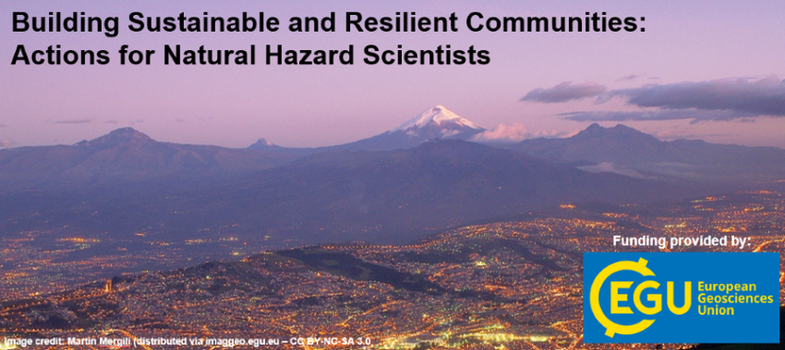

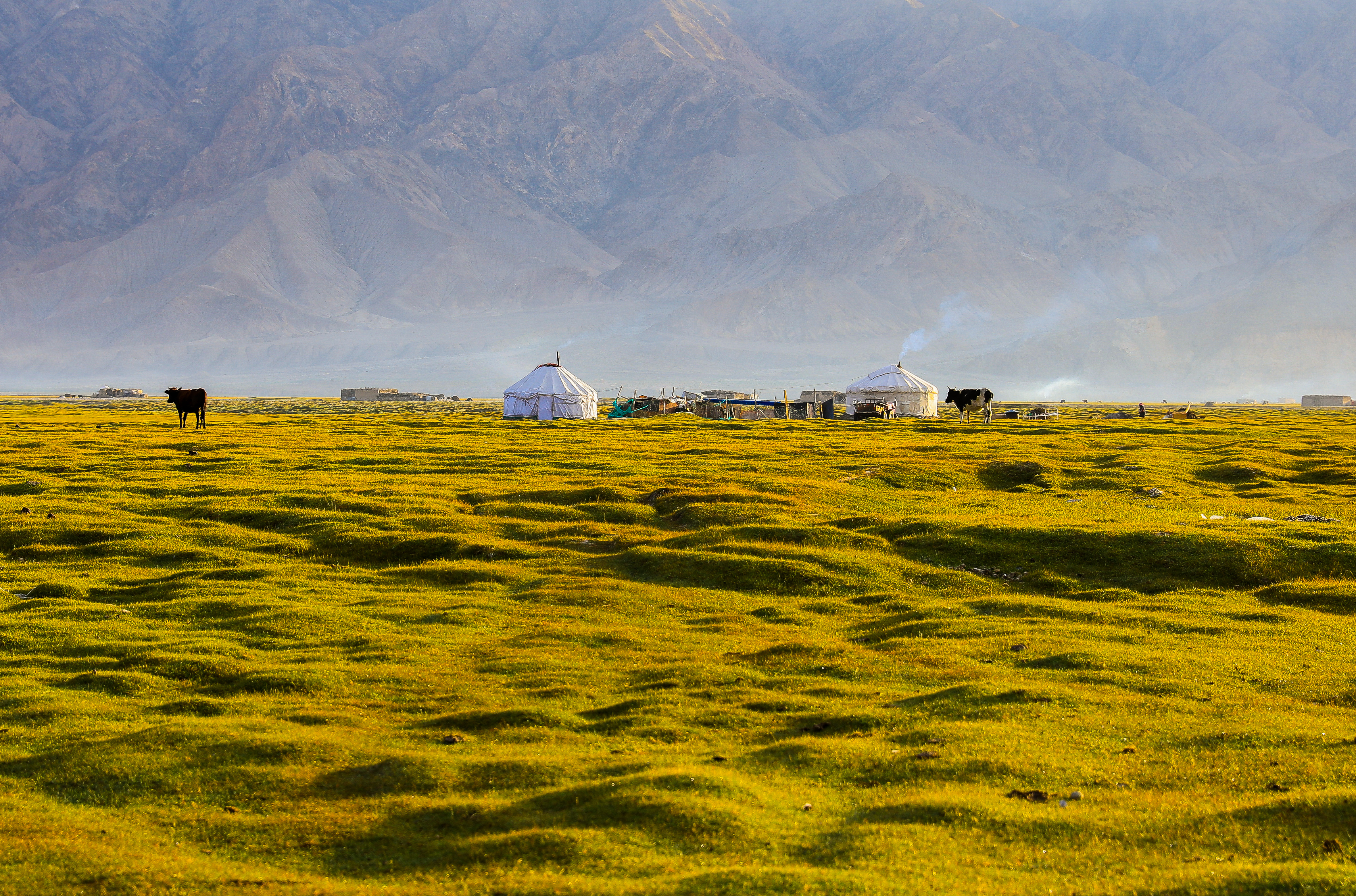
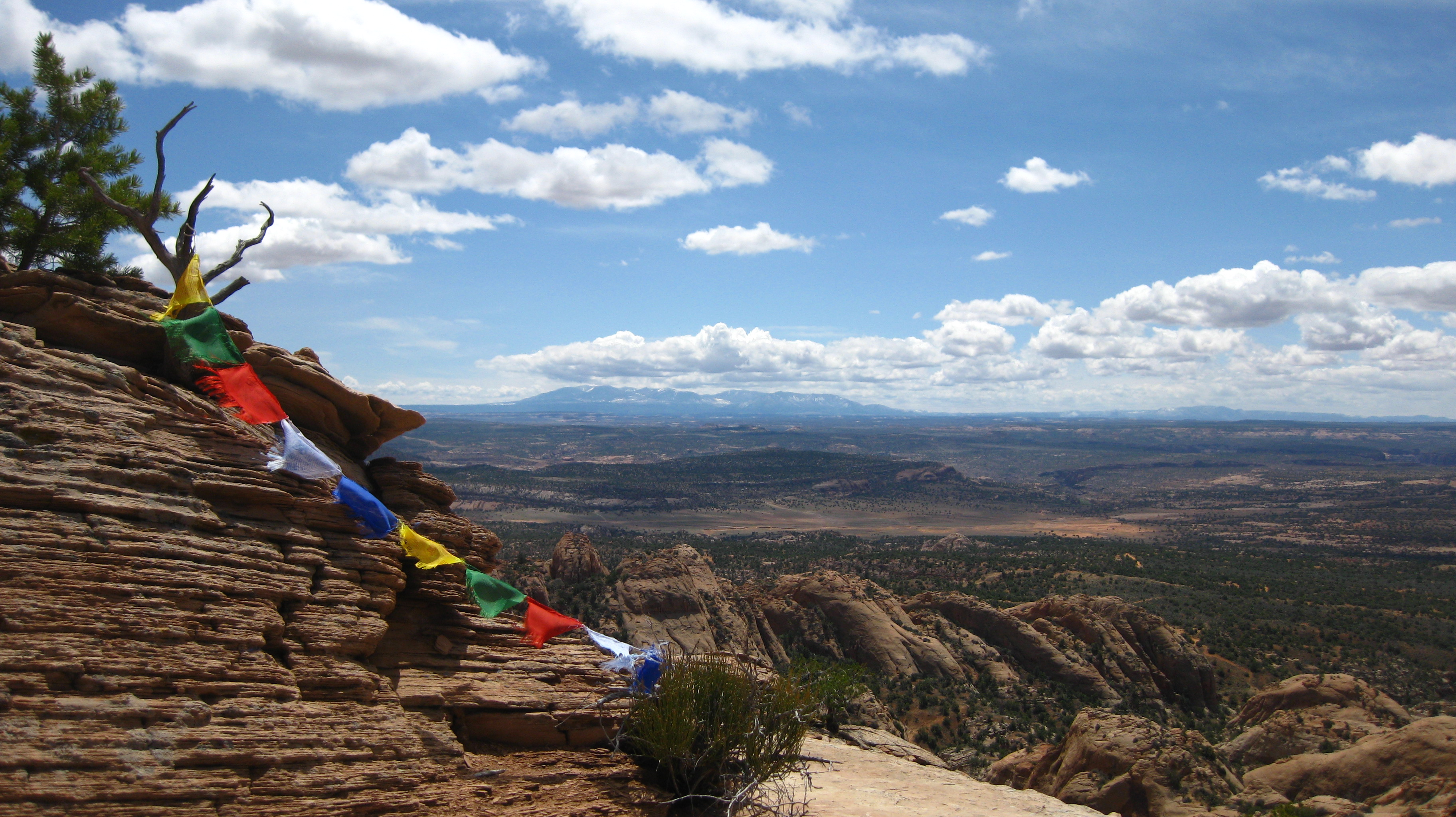

 Photo credit:
Photo credit: 